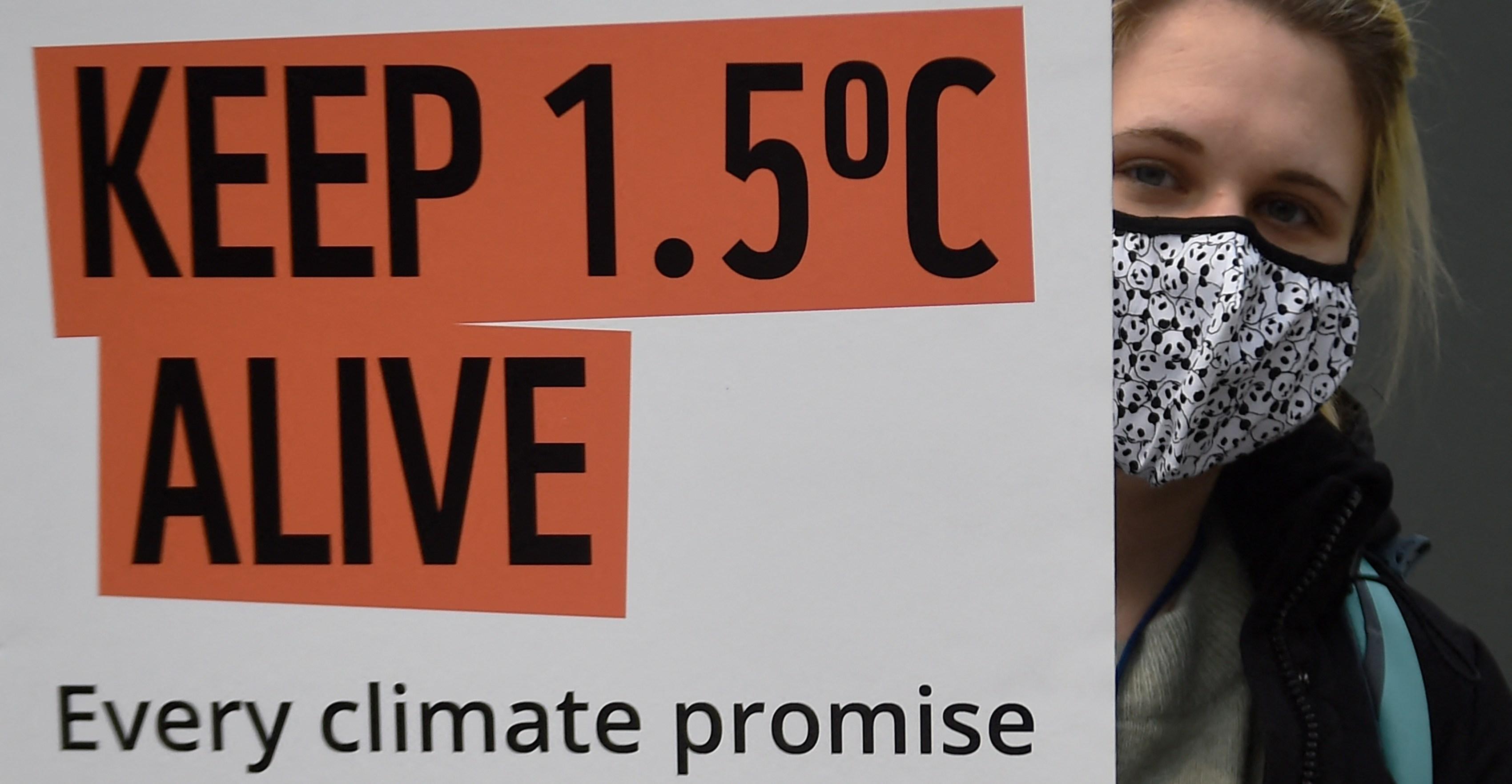The court’s opinion reads like something out of Franz Kafka, or maybe something out of Jim Crow.


On Monday evening, the Texas Supreme Court ruled against Kate Cox, a woman who says she is “at high risk for severe complications threatening her life and future fertility” unless she has an abortion. The opinion, which purports to lay out when a patient who needs an abortion to protect them from catastrophic health consequences may receive one in Texas, reads like something out of a Franz Kafka novel.
(Cox fled Texas to obtain abortion care in another state, but the state Supreme Court’s opinion will apply to other patients who receive a similar diagnosis.)
The insidious thing about the court’s brief opinion in this case, which has the uninformative name In re State of Texas, is that, at first glance, the opinion appears to be protective of patients like Cox.
The opinion says that Texas law “has delegated to the medical — rather than the legal — profession the decision about” when a particular patient has a condition which justifies performing a medically necessary abortion. “If a doctor, using her ‘reasonable medical judgment,’ decides that a pregnant woman has such a condition, then ... Texas law does not prohibit the abortion.”
That sure sounds like good news for abortion providers and for abortion patients, at least in the limited circumstances where the patient has a serious medical condition that must be treated by an abortion. But it’s a trap.
It is a trap because the court denies Cox’s doctor, Damla Karsan, the one thing she needs to safely treat her patient: a court order ensuring that Karsan cannot be prosecuted or sued if she performs a medically necessary abortion on her patient.
The Texas Supreme Court, which is made up entirely of Republicans, claims that “the law leaves to physicians — not judges — both the discretion and the responsibility to exercise their reasonable medical judgment.” But, without a court order forbidding the state from punishing Karsan for exercising that judgment, the doctor risks horrific legal consequences if she treats her patient.
Last Thursday, after a Texas trial judge granted Cox the court order she needs to obtain a lawful abortion in Texas — although only on a temporary basis — Republican state Attorney General Ken Paxton sent a menacing letter to the hospitals where Karsan practices. The trial judge’s order, Paxton claimed “will not insulate you, or anyone else from civil and criminal liability.” The letter goes on to threaten criminal prosecutions against Karsan and against any hospital where Karsan performs an abortion.
Nor did it stop there. The letter also suggests that Karsan could be sued under SB 8, Texas’s infamous bounty hunter law, which permits private citizens to sue and collect bounties from abortion providers. And it claims that a hospital that allows Karsan to perform an abortion on Cox “may be liable for negligently credentialing the physician and failing to exercise appropriate professional judgment.”
Only a permanent court order forbidding these sorts of prosecutions and lawsuits could have neutralized Paxton’s threats. And only such a permanent order could have given Karsan and other medical providers the security they need to perform medically necessary abortions without fearing that they will be impoverished or imprisoned.
Yet the state Supreme Court denied this order based on the thinnest of pretexts.
Texas is running a Jim Crow legal strategy against women like Kate Cox
In his 1965 speech proposing the Voting Rights Act, President Lyndon Johnson warned of the tactics Southern states would use to prevent Black voters from registering. A Black person who wanted to register to vote “may be disqualified because he did not spell out his middle name” or “because he abbreviated a word on the application.”
The idea was to lock Black citizens out of the ballot box by requiring them to comply with unpredictable demands that they use very precise words.
The Texas Supreme Court is using very similar tactics in the Kate Cox case. The court concedes that Texas law permits a physician to perform an abortion when “in the exercise of reasonable medical judgment” they determine that their patient is “at risk of death” or faces a “serious risk of substantial impairment of a major bodily function unless the abortion is performed.” But then it refuses to enforce this law because Karsan didn’t use the right words.
Specifically, the Court faults Karsan for saying in court filings that she “has a ‘good faith belief’ that Ms. Cox” is legally entitled to an abortion, rather than stating that she made a “reasonable medical judgement” that Cox is legally entitled to an abortion. It’s the kind of hair-splitting that would have made George Wallace proud.
The court’s opinion only seems more absurd when you read what Karsan actually said in those court filings. Among other things, Karsan says that it is her:
good faith belief and medical recommendation that the Emergent Medical Condition Exception to Texas’s abortion bans and laws permits an abortion in Ms. Cox’s circumstances, as Ms. Cox has a life-threatening physical condition aggravated by, caused by, or arising from her current pregnancy that places her at risk of death or poses a serious risk of substantial impairment of her reproductive functions if a D&E abortion is not performed.
So Karsan was quite clear that it was her reasonable medical judgment that Cox must receive an abortion to save her life or to prevent other health consequences described in Texas’s abortion law. She simply didn’t use the magic words “reasonable medical judgment.” Apparently that’s sufficient reason to deny Cox an abortion in Texas.
No doctor will feel safe performing an abortion under these conditions. The state’s top law enforcement officer threatens them with prison and financial ruin. The state Supreme Court sits on cases for days before determining whether a patient, who may need an abortion immediately to save their life, may actually receive that care. And then the court will deny relief because, it claims, the patient’s doctor failed to use the right magical words.
We’ve seen these kinds of legal tactics before. It is the same tactic that Southern courts used to disenfranchise Black voters because they could not count the number of bubbles in a bar of soap.

One of Trump’s grudges now threatens America’s weather forecasts
- 2 hours ago

Arcade1Up isn’t dead, maybe
- 4 hours ago
Heat F Jovic's MRI clean after hard fall; day-to-day
- 3 hours ago

9 actually good things that happened to animals this year
- 2 hours ago

Trump’s attack on trans health care, briefly explained
- 2 hours ago
Is eliminated Chiefs' Super Bowl window closing -- and what changes are ahead?
- 3 hours ago
Silver: NBA to explore relief for Heat over Rozier
- 3 hours ago

Sony’s XM5 over-ear headphones are cheaper than ever — and they come with free wireless earbuds
- 4 hours ago

Climate change is rewriting polar bear DNA
- 2 hours ago
More than 42mn children administered polio vaccination during final polio drive in Pakistan
- 16 hours ago
Water aggression against Pakistan: India curtails Jhelum flows after Chenab
- 11 hours ago
Harrison Ford to get lifetime acting award
- 12 hours ago









